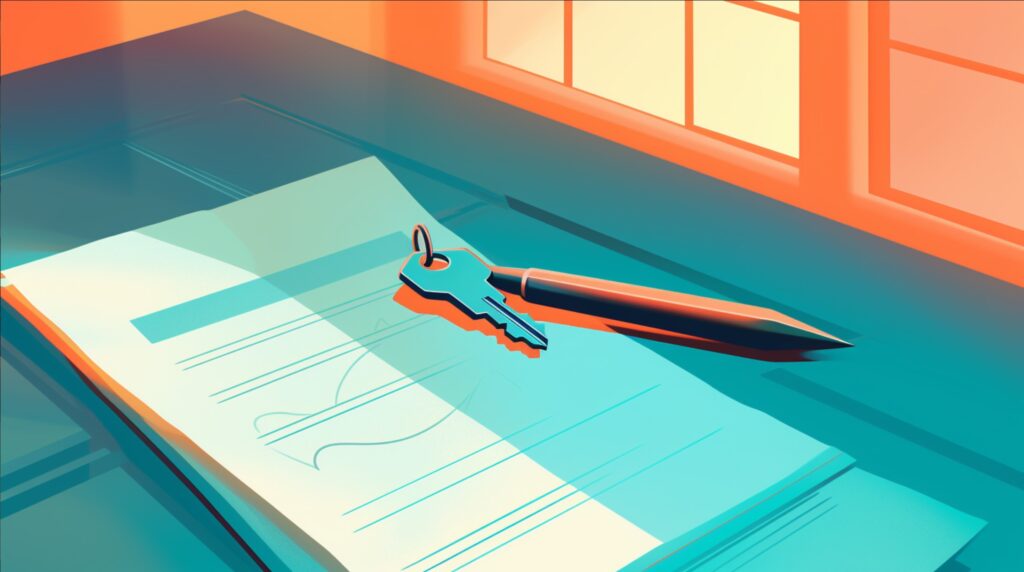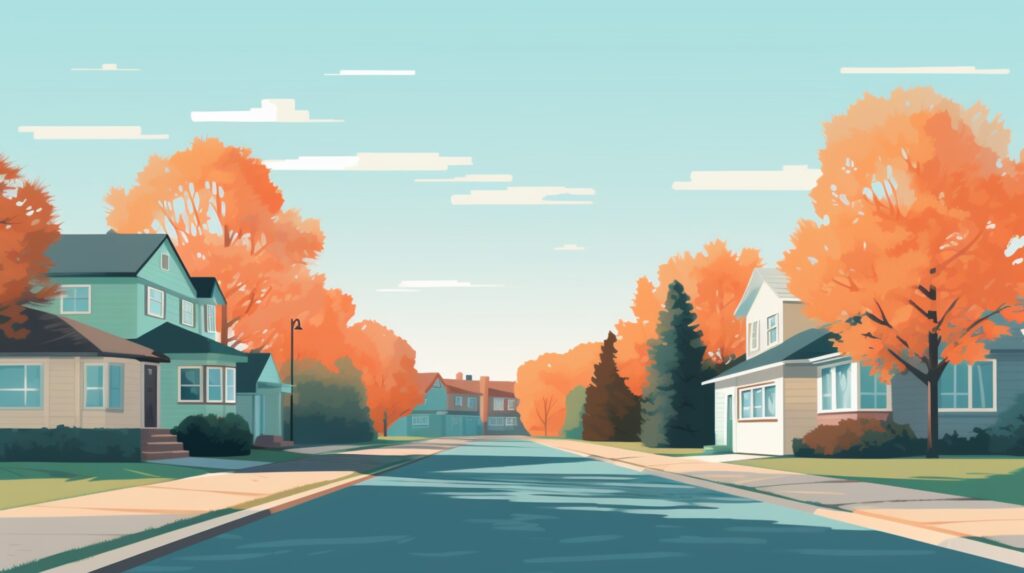
We are reader-supported. When you buy through links on our site, we may earn an affiliate commission.
Buying a house is exciting, especially if it’s your first time. However, you may find it overwhelming and stressful when unprepared. Remember this house checklist of eight must-do things to embark on your homeownership journey properly.
1. Know How Much You Can Afford
A house is a big-ticket purchase. It’s a significant financial commitment — even if you pay with cash. Fantasy home shopping is fun because everything is possible. In reality, your resources and credentials limit what you can buy.
Think like a banker if you need to borrow money like most homebuyers. Put yourself in a lender’s shoes to assess your capacity to repay the largest loan you’ll take out.
Generally, your creditworthiness, earnings, outstanding debts and cash reserves are the primary determiners of your financial capacity. In other words, your history of managing credit, your income after debt and the size of your savings determine your chances of getting approved or denied.
Be aware of your FICO and VantageScore scores. Review your credit reports from the “Big Three” credit bureaus — Equifax, TransUnion and Experian — which you can obtain at no cost once a year.
Find out your debt-to-income ratio. A high level of indebtedness can offset high earnings, so calculate this vital metric to see how much room you have to handle mortgage debt.
Regarding cash reserves, you must demonstrate you have enough liquid assets to cover your mortgage payments for a few months. A healthy bank or investment account is a picture of excellent financial standing. The more monthly mortgage payments your cash reserves can cover, the better. It speaks volumes about your financial habits, making you a less risky borrower and more creditworthy.
2. Determine How Much to Put Down
The ideal down payment size is at least 20%. This magic number exempts you from paying private mortgage insurance (PMI) — a product designed to protect your lender, not you, from financial loss if you default on your mortgage. Putting down this much can also help you negotiate a lower interest rate and other concessions.

However, building this sum can be challenging and will defer your homeownership dream. On the other hand, putting down the bare minimum will increase your mortgage-related costs but let you borrow funds to buy a house more quickly.
Consider third parties to help you pay a higher down payment. Grants from government agencies and gifts from qualified donors can supplement your cash. Buying a house owned by a relative for less than its appraised value is also an acceptable way to inflate your down payment.
3. Visualize Your Dream Home

Decide what type of residential property you want to buy. Single-family detached and attached homes, multifamily units, townhouses and condo units are the most popular.
Moreover, are you particular about architecture? What home features do you consider non-negotiable? How much square footage do you need? Answer these questions to ease your property search and set aside a realistic budget for your purchase.
4. Decide on the Location
Where you want to live impacts most of the home-buying process. Property types, house amenities, home prices and financing options vary by location.
Think about safety, too. Check local crime data to know how peaceful or dangerous towns and neighborhoods are.
5. Find Prospective Homes
Most home searches start online. Narrow down the listings you like with commute in mind. Determine how close or far everything is to the house and the available public transportation options.
Pictures can be deceiving. Visit your prospective property in person to see if the description matches its condition and better understand the lot’s size and dimensions.
6. Get Pre-Approved
Pre-approval represents your ability to borrow funds from a lender that has scrutinized your financial capacity. Do this a month before home shopping.
Pre-approval involves a hard credit inquiry, slightly driving down your credit scores. Multiple hard inquiries for a mortgage within 30 days count as one, so talk to several lenders to find the best deal. Each application costs money, though.
A pre-approval letter outlines the lender’s tentative offer. It includes the loan amount, interest rate and applicable fees. It can increase your credibility as a buyer in the eyes of discerning sellers.
7. Use a Real Estate Agent
Working with a real estate professional can help you find a property that matches your needs. An agent can give you access to private listings, negotiate on your behalf, and understand contract contingencies.
Sellers usually pay for real estate commissions, costing an average of 5.46% of the sales price in 2023.
8. Put in an Offer
Bidding on a house involves more than saying how much you want to buy it for. It also entails presenting the contingency clauses you value. These contract provisions are actions or events that must happen to keep the real estate purchase agreement valid.
Many sellers won’t entertain your offer without some pushback, nor will they outright reject it. Expect to talk at the negotiating table and compromise to close the deal.
Aside from offering more money, strategically using contingencies can help you and the seller reach an agreement more quickly. Recalibrate your bid based on the other party’s counteroffer. Seek advice from your real estate agent to know the consequences of waiving some contingency clauses to negotiate a deal you won’t regret.
If the seller accepts your offer, you’ll have to pay the earnest deposit to show you’re serious about buying the property.
9. Choose Your Lender
Go with the mortgage lender with the most favorable offer. They may run another credit check to ensure you’re still as creditworthy as you were during pre-approval. Unless you lock in the interest rate beforehand, the offer may become higher or lower if market conditions change.
You’ll receive a loan estimate within three days if your chosen lender accepts your application. If you want to move forward, satisfy all your lender’s requirements.
You may have to schedule a home inspection and order a title search. A title company will dig up unknown lienholders and insure you against them. Your lender will arrange an appraisal to determine the property’s actual value, which should be close to — not lower than — the loan amount.
10. Wait for the Underwriter’s Decision
The underwriter ultimately decides whether you qualify for a mortgage or not. This professional will assess every aspect of your application and may request additional documents. Once the underwriter approves your application, you can proceed to closing.
11. Complete the Closing Process

Closing on a property means choosing an acceptable date with relevant parties to sign the documents at the title company. Read the closing disclosure form to see any difference between the original estimated and final closing costs.
If you notice any discrepancies, discuss your concerns with your agent. If everything looks acceptable, sign on the dotted line, pay the closing costs, get the keys to the house, and voila! You’re now a homeowner!
Follow This Tried-and-True Checklist When Buying a House
Home-buying can be confusing and exhausting no matter how often you go through it. Keep the above recommendations in mind to navigate through it with ease.
Original Publish Date 12/28/2022 — Updated 2/27/2024









